These sensors are used in mechanical testing, ongoing system monitoring, and as components in devices such as industrial scales. Read More…
Our load cells are manufactured with the highest attention to detail at all stages. Whether it is through the design stage, engineering stage, or through hundreds of tests run daily, we ensure that our products outshine all competitor products.
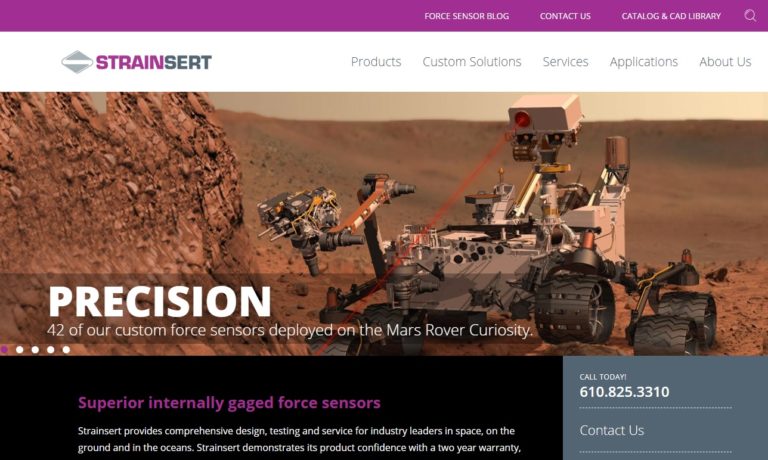
Founded in 1985, Load Cell Central has firmly established its reputation as a leader in load cell manufacturing, custom weighing system integration, and first-class load cell repairs. Load Cell Central offers a wide variety of popular load cell and component configurations for virtually every new or old weighing system, scale or component replacement possibility. Technical and after-sale support, ...
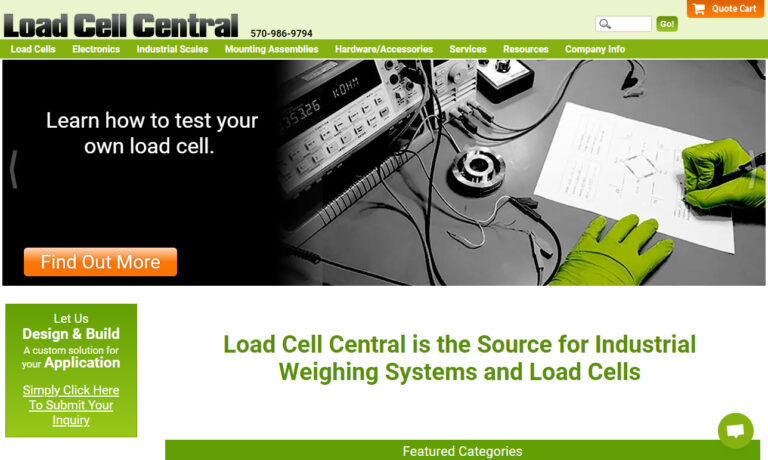
At TyTek Industries we manufacture load cells to suit all capabilities. Our expertise has provided insight and load cell solutions for a range of customers and industries. Our engineering team’s philosophy ensures we do everything humanly and technologically possible to match your requirements with quality, cost and delivery. We’re here to help you carry the load.
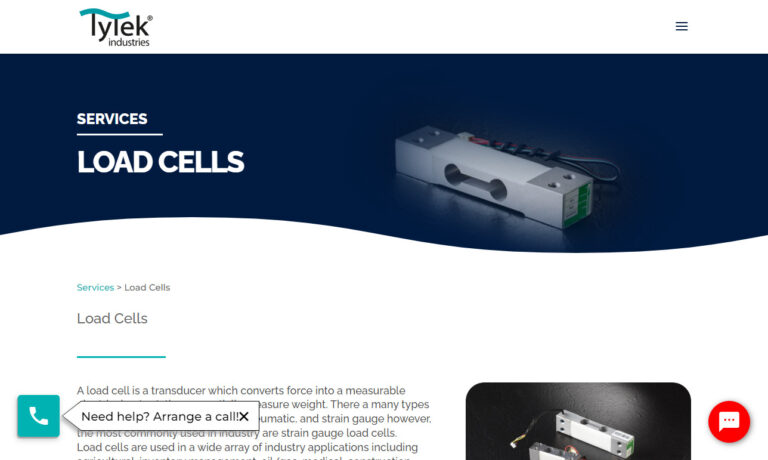
Anyload has been in business for over 20 years. Anyload is experienced in the design and production of high quality standard load cells, specialty load cells, weigh modules, indicators, scales for commercial and industrial applications, and wide varieties of weighing components.
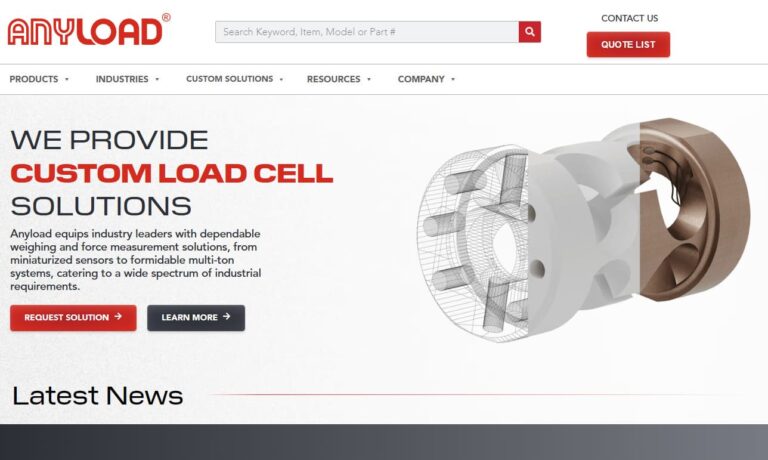
At Coti Global Sensors, we are dedicated to providing top-of-the-line load cell solutions and comprehensive services tailored to meet the diverse needs of our clientele. With years of experience and expertise in the industry, we have established ourselves as a trusted authority in load cell manufacturing, renowned for our commitment to quality, reliability, and customer satisfaction.
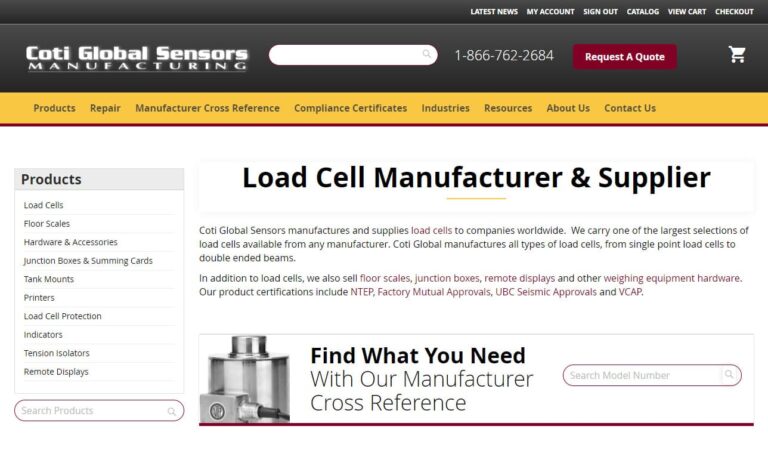
More Load Sensor Manufacturers
The most common type of load sensor uses strain gauges for the sensor section, which are very small devices that measure the strain of an object by converting internal deformation into electrical signals to precisely measure weight, force, or strain.
A strain gage is commonly a coil, although it can come in other shapes as well. A foil pattern is another common style of strain gauge. Force gauges use strain gauges in push-pull testing and flow measurements, utilizing these types of load sensors as part of a larger system rather then a simple circuit. While most measure and test with strain gauges, some are piezoelectric sensors, which use piezoelectric crystals to measure weight, strain, movement, and vibrations.
Many of these sensors, although quite small, are built to support or hold as much as several tons, while miniature load cells are built to provide precise measurements for much smaller applications such as medical measurements. The range in size can be as vast as a load sensor that weighs a gram up to a load sensor that weighs over a hundred tons.
After load sensors transduce mechanical stress into electrical energy, the information that they monitor is then signaled to a recorder or other computerized data collection system.
Load sensors use analog or digital technology for the recording and transferring of information. Common analog outputs are analog current, analog voltage, and analog frequency, all of which are translated onto a screen as workable data.
Load sensors and gauges are used in manufacturing, processing, and testing industries. The food processing industry uses them to precisely measure ingredients and for product distribution during packaging. Other applications include the testing of bridge building materials such as beams, for tension strength, as well as in railcar weighing, and truck scales.
They are important components in calibration systems and are also used in fatigue testing for research and development laboratories. The automotive industry as well as construction, marine, and industrial manufacturing all utilize this vital tool.



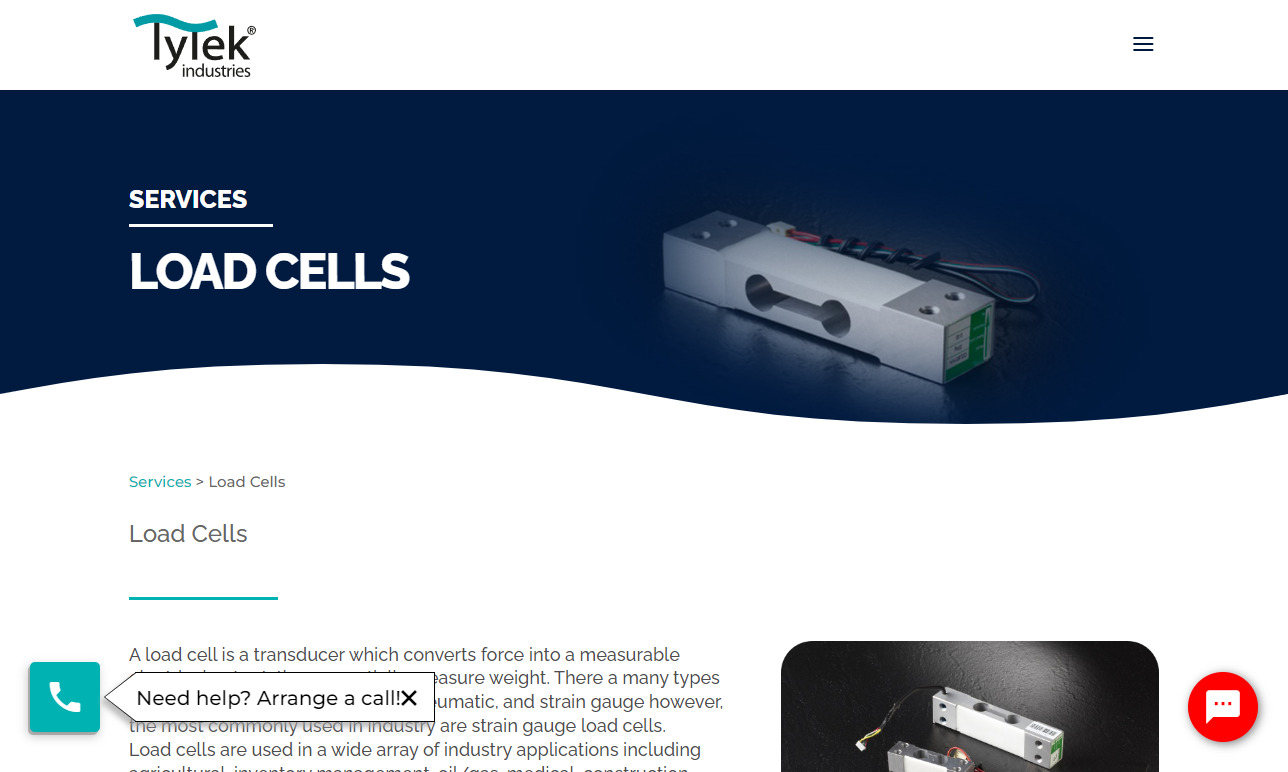
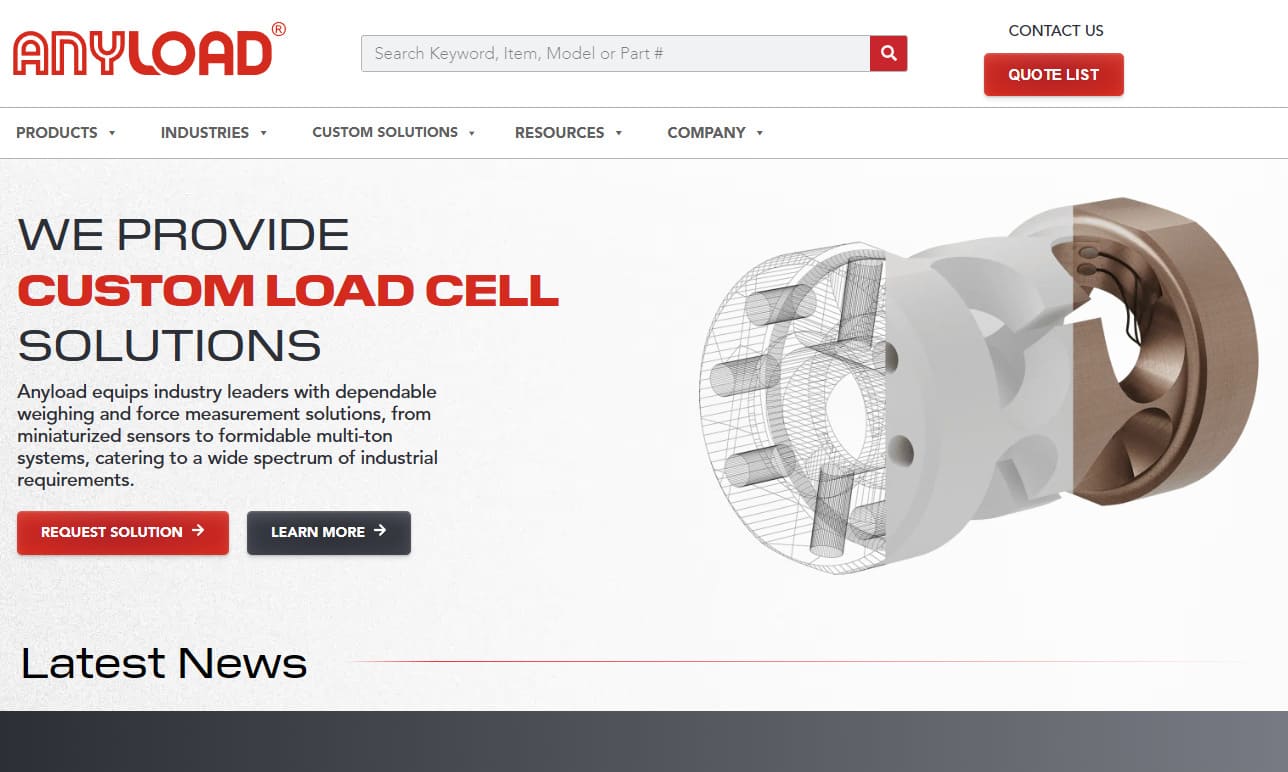
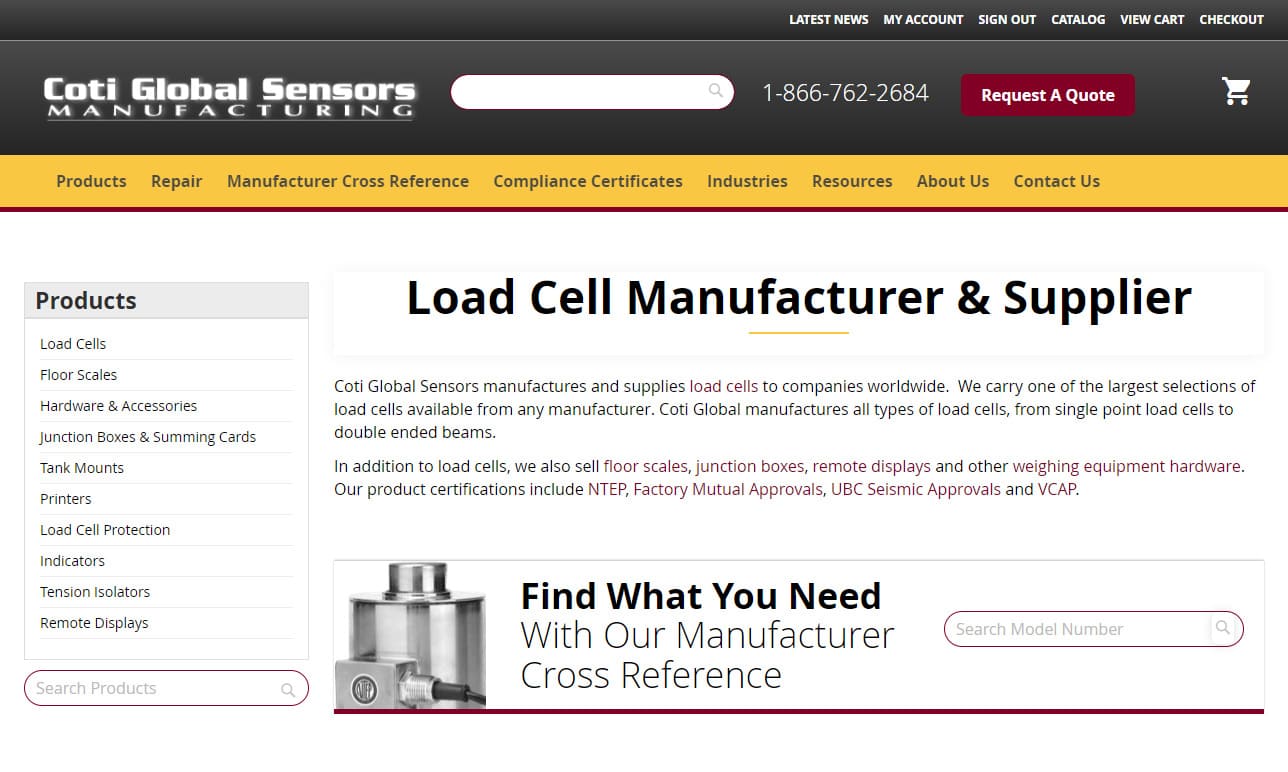
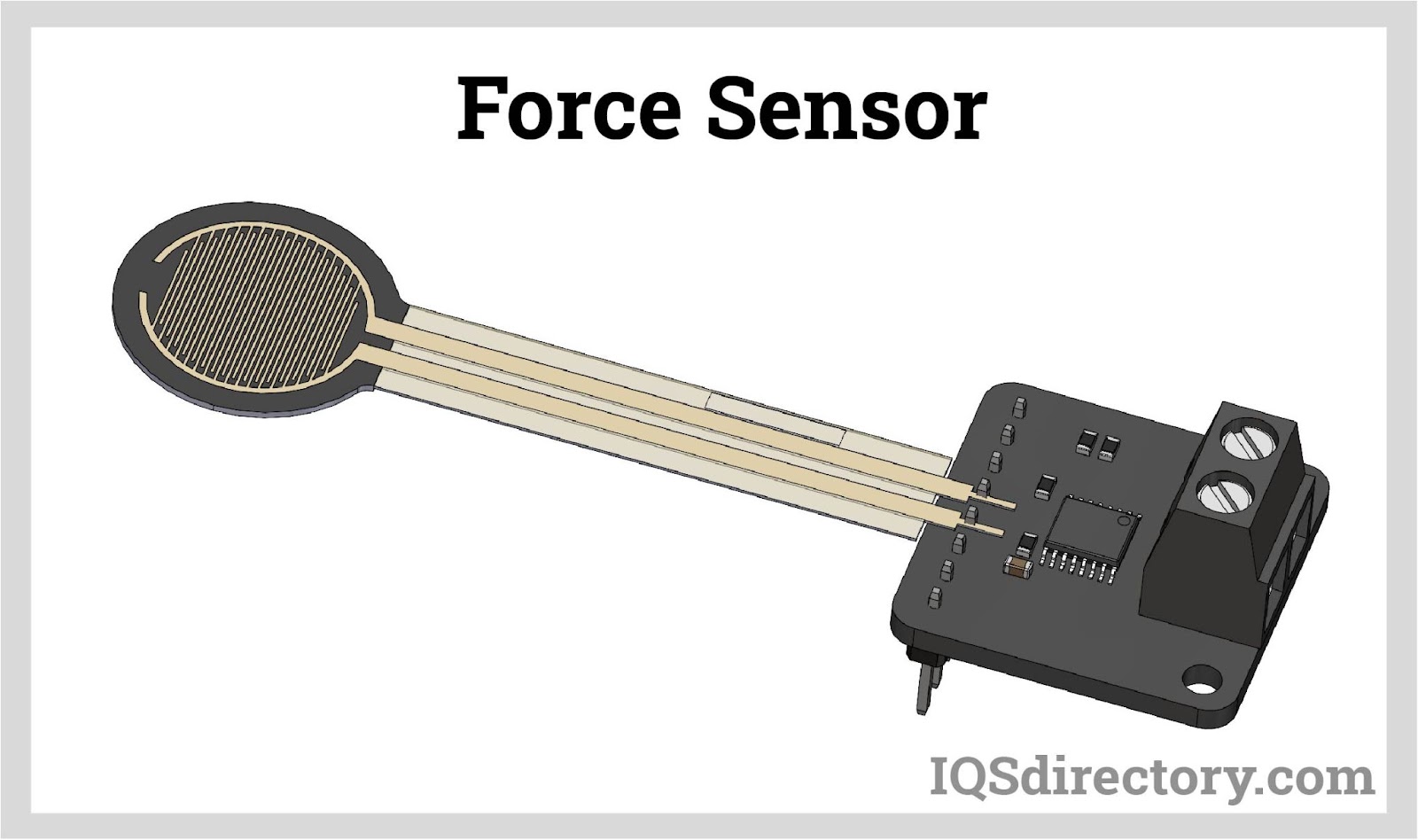
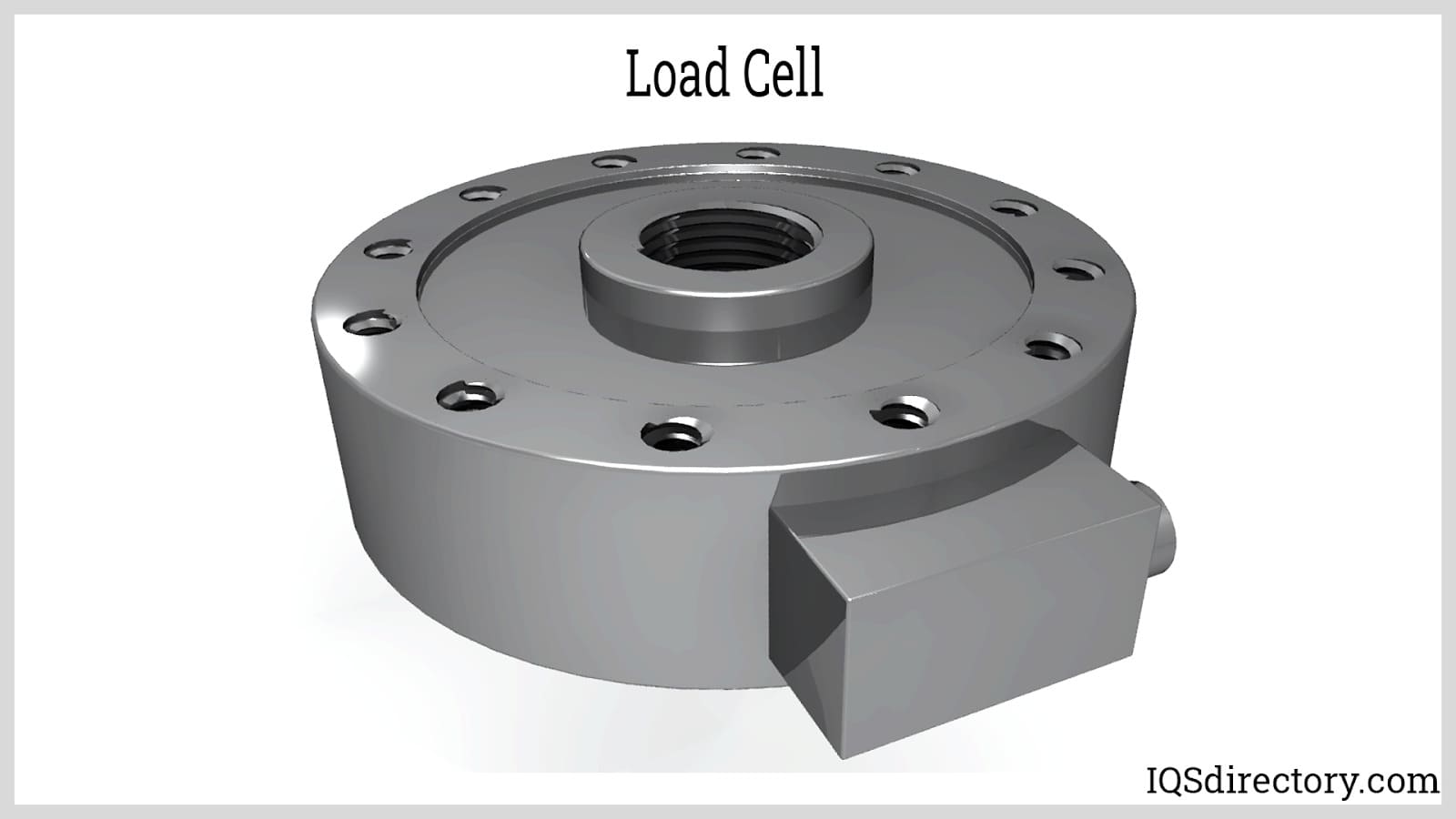
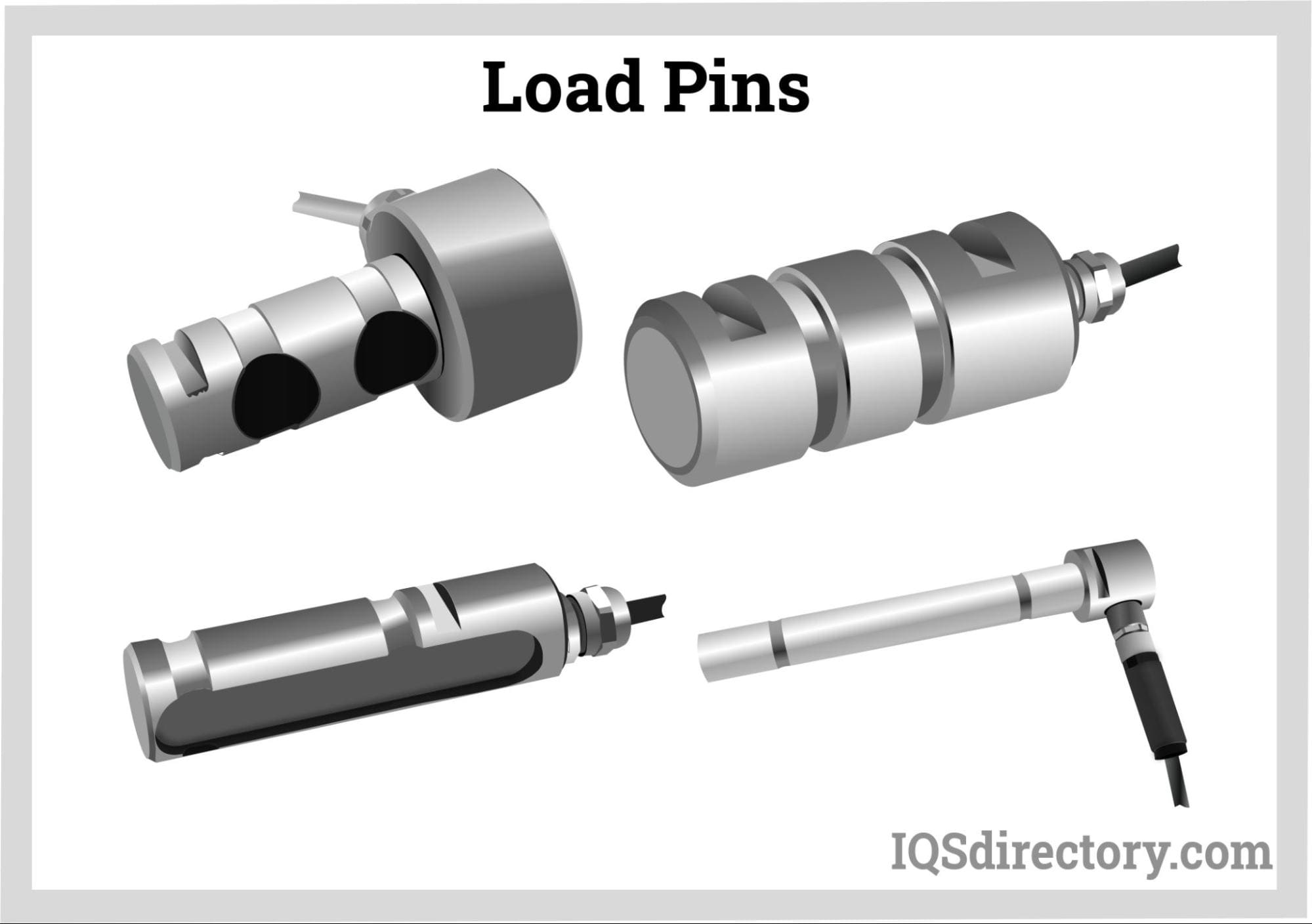
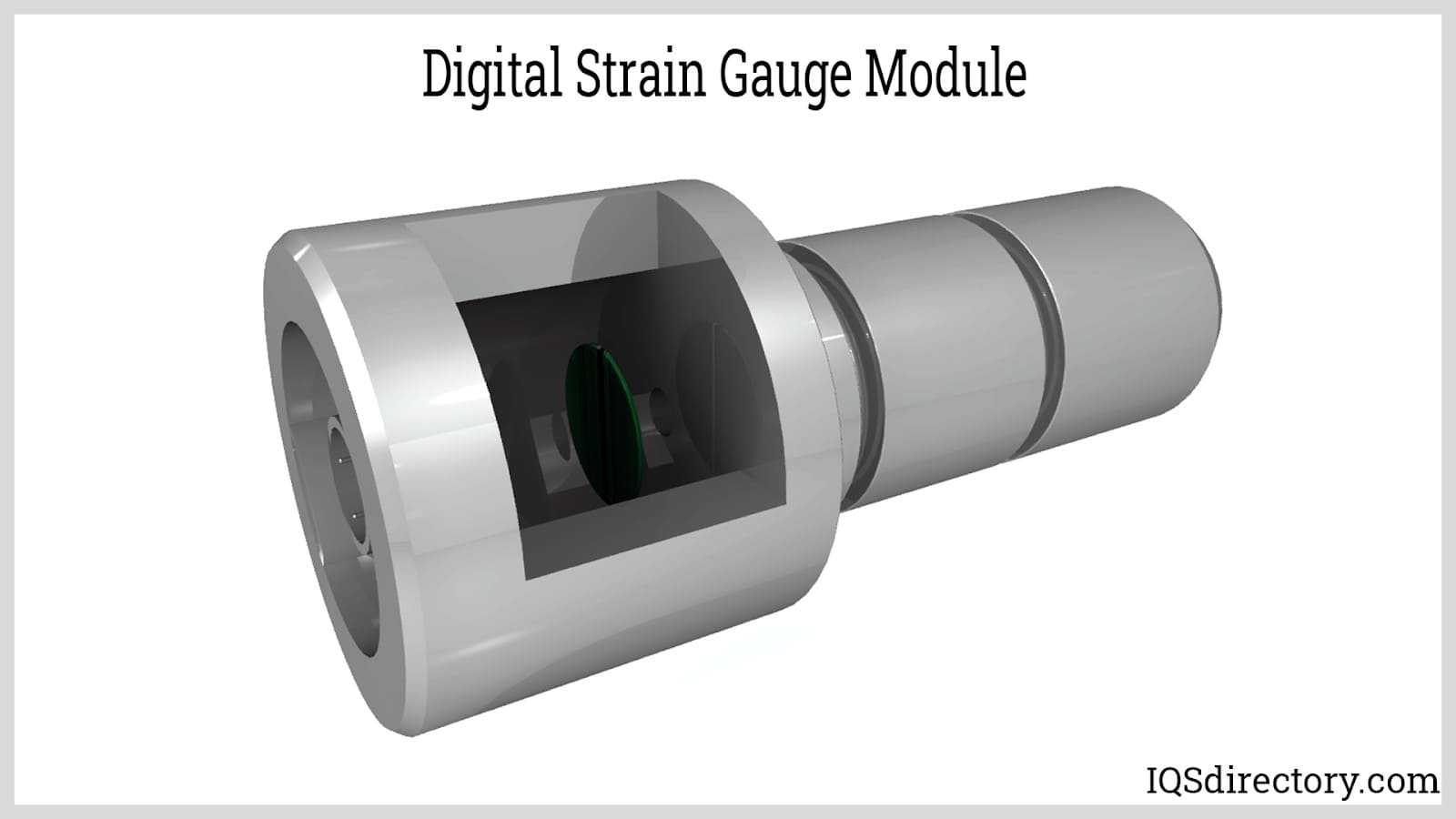
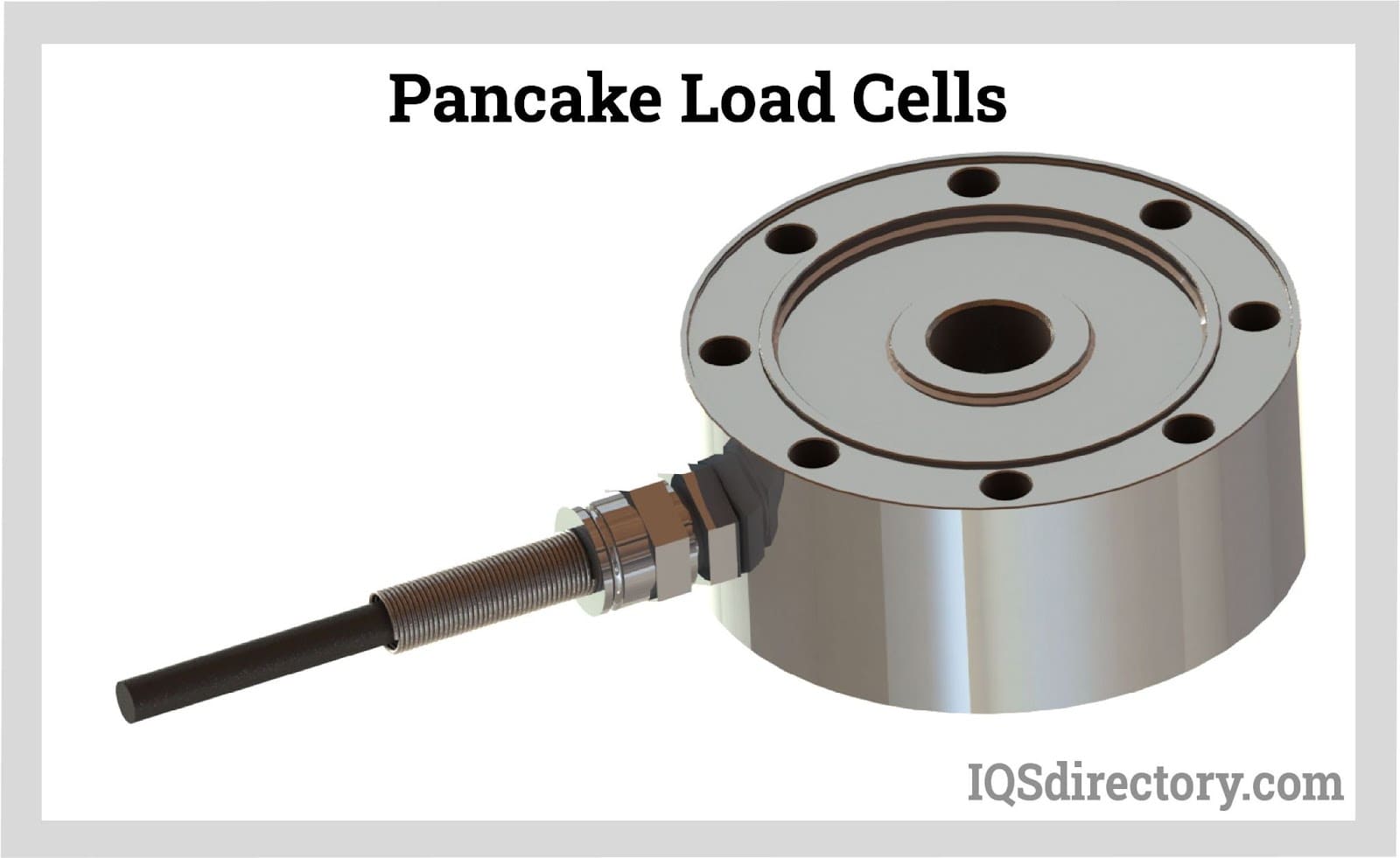
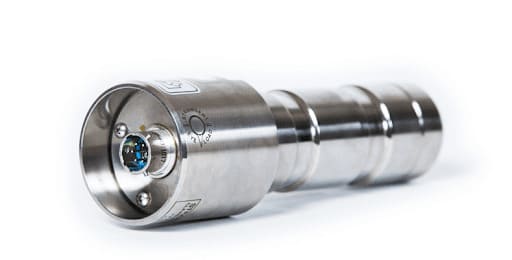
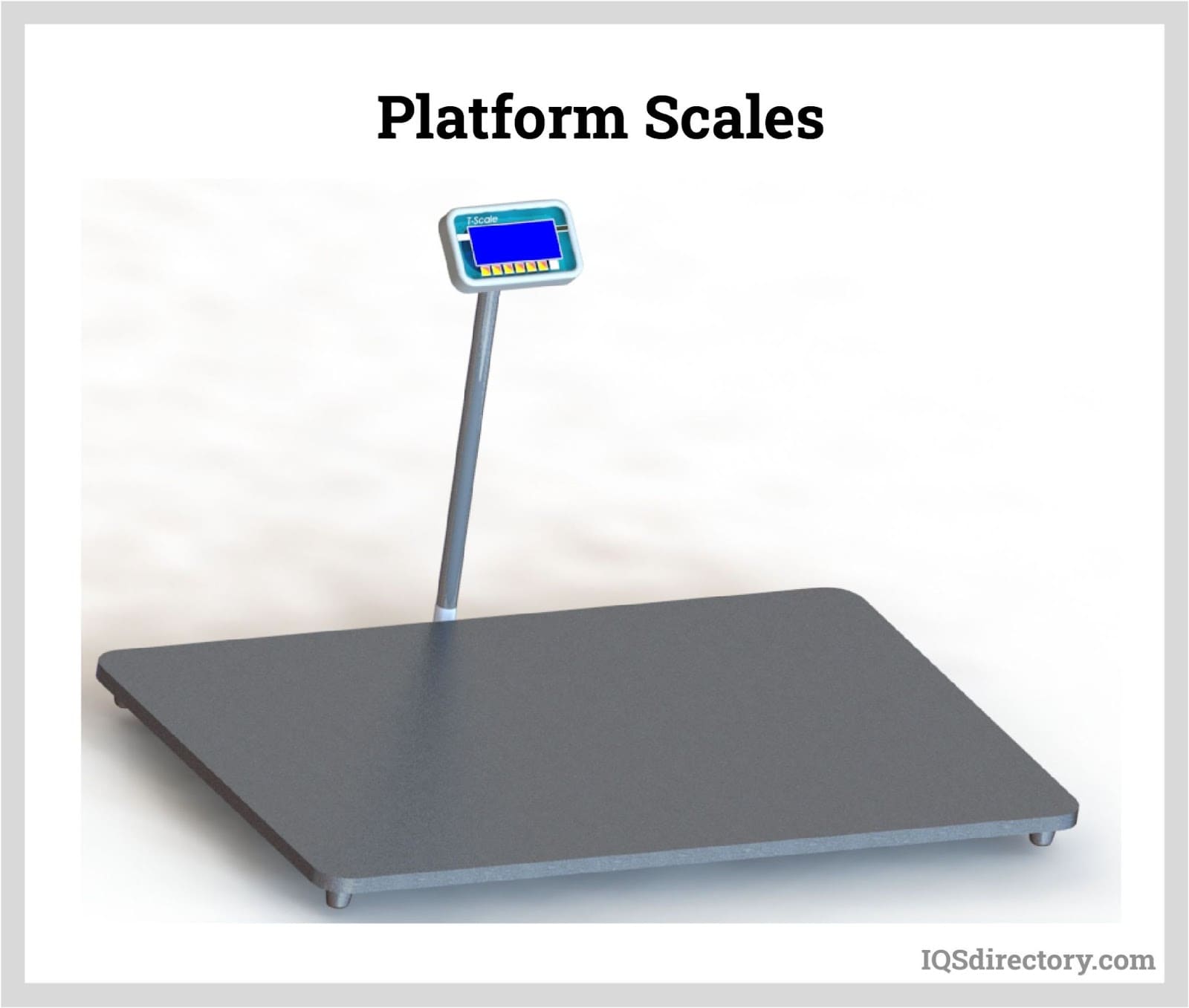
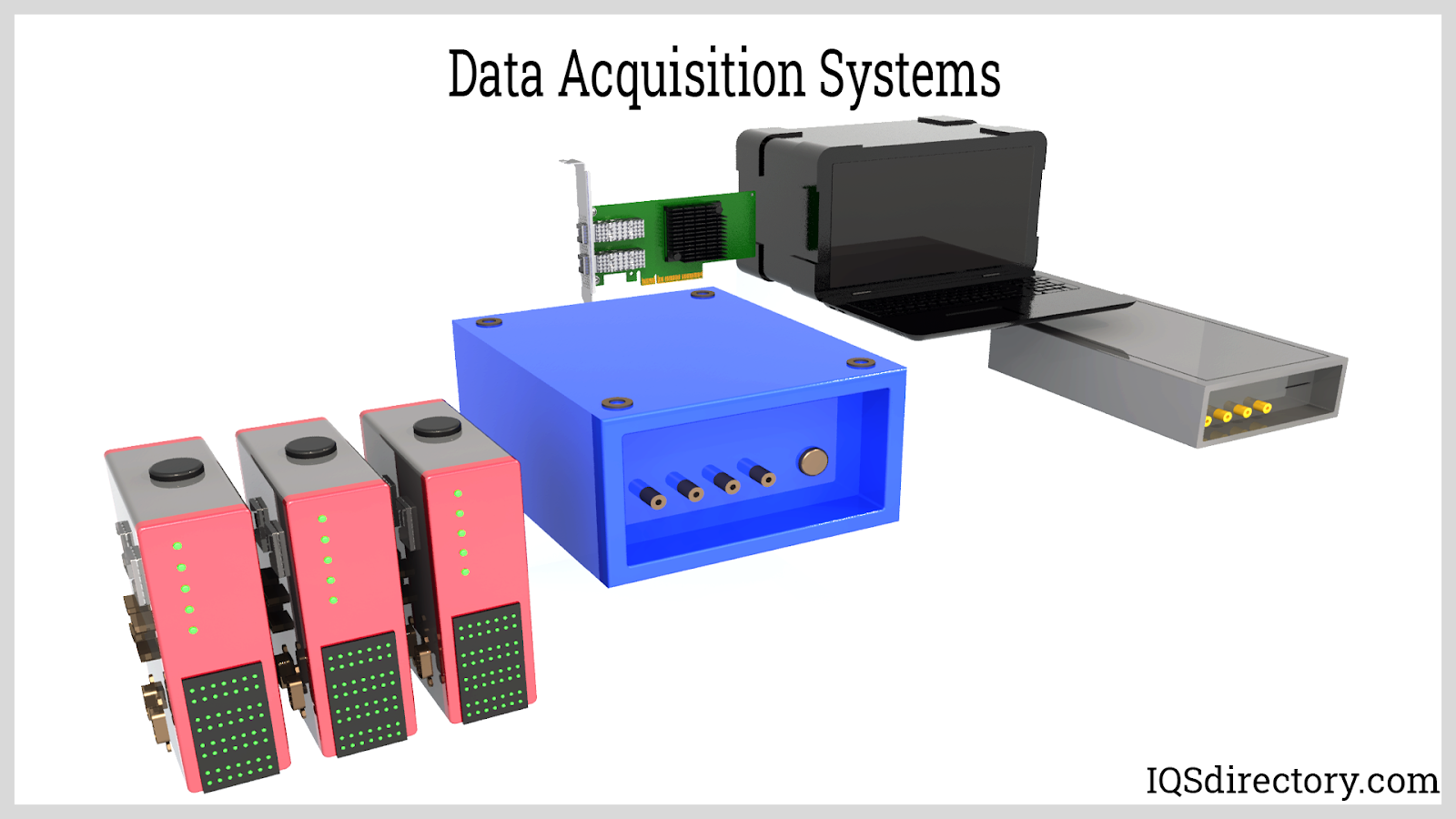
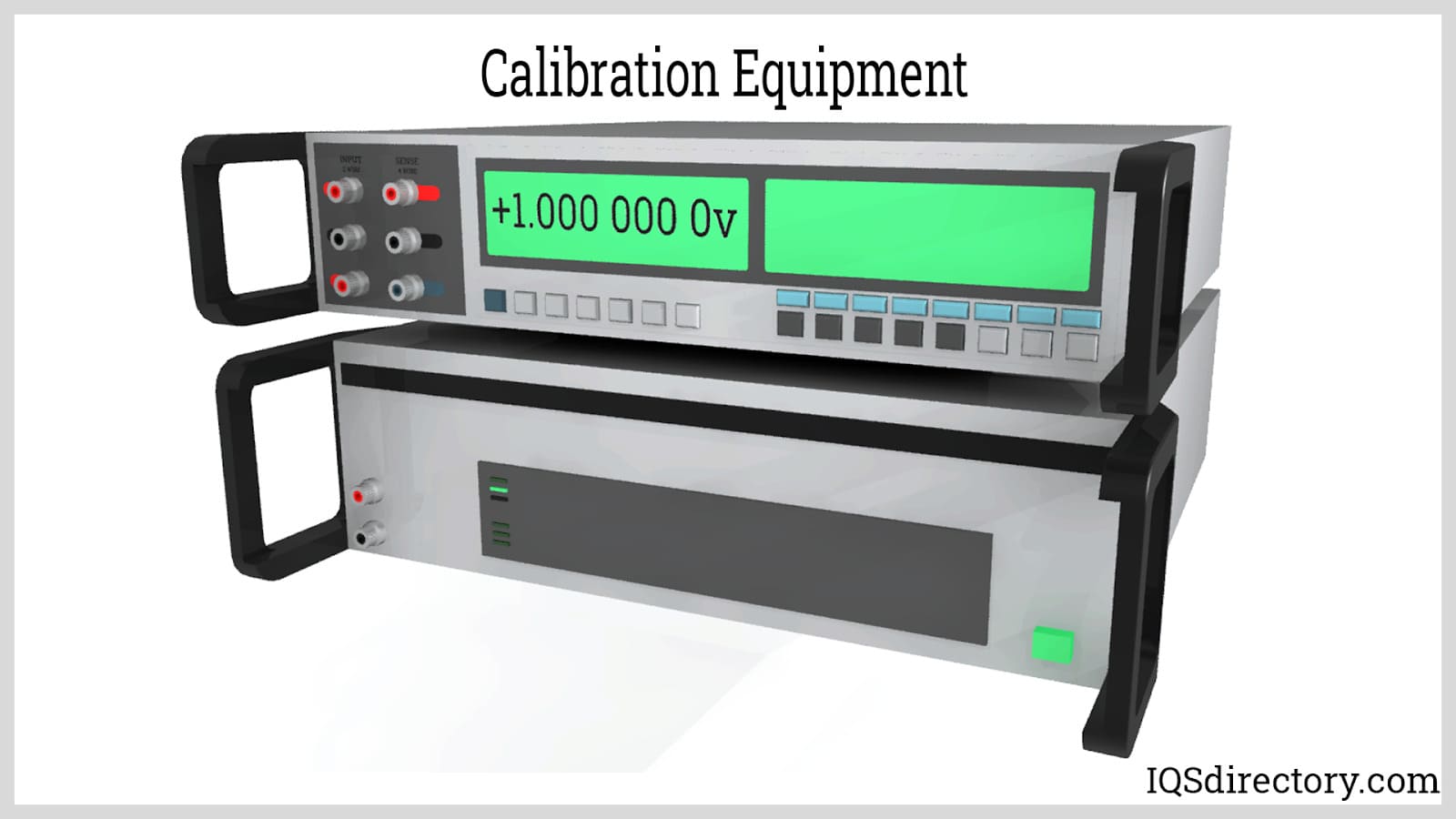
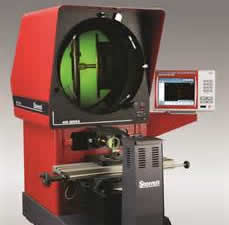 Calibration Services
Calibration Services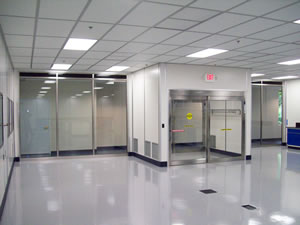 Clean Rooms
Clean Rooms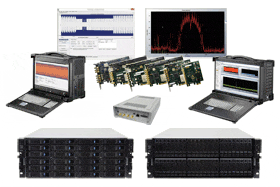 Data Acquisition Systems
Data Acquisition Systems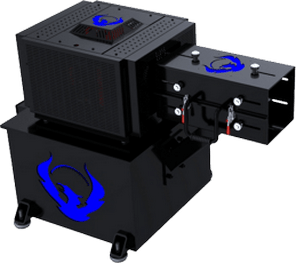 Dynamometers
Dynamometers Environmental Test Chamber
Environmental Test Chamber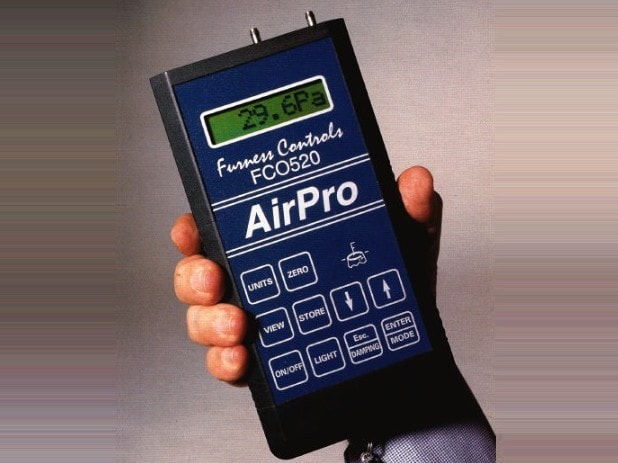 Leak Detectors
Leak Detectors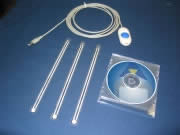 Load Cells
Load Cells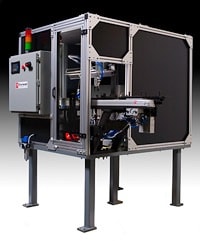 Machine Vision Systems
Machine Vision Systems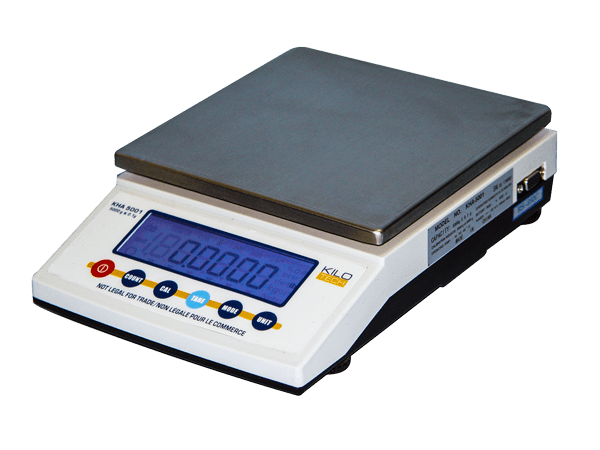 Scales
Scales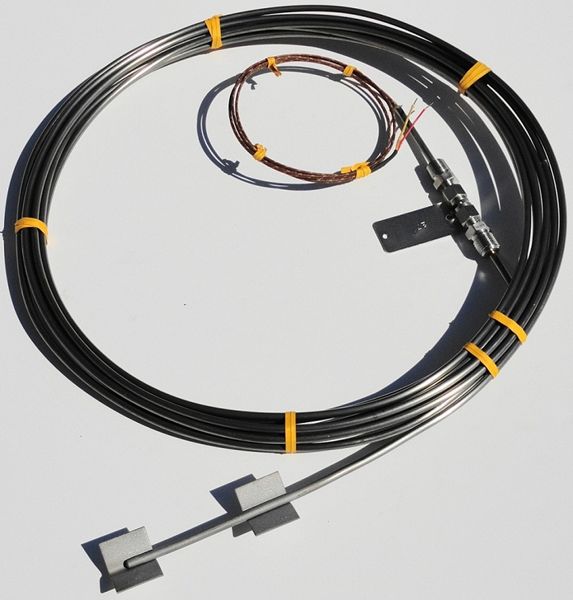 Thermocouples
Thermocouples Castings & Forgings
Castings & Forgings Bulk Material Handling
Bulk Material Handling Electrical & Electronic Components
Electrical & Electronic Components Flow Instrumentation
Flow Instrumentation Hardware
Hardware Material Handling Equipment
Material Handling Equipment Metal Cutting Services
Metal Cutting Services Metal Forming Services
Metal Forming Services Metal Suppliers
Metal Suppliers Motion Control Products
Motion Control Products Plant & Facility Equipment
Plant & Facility Equipment Plant & Facility Supplies
Plant & Facility Supplies Plastic Molding Processes
Plastic Molding Processes Pumps & Valves
Pumps & Valves Recycling Equipment
Recycling Equipment Rubber Products & Services
Rubber Products & Services